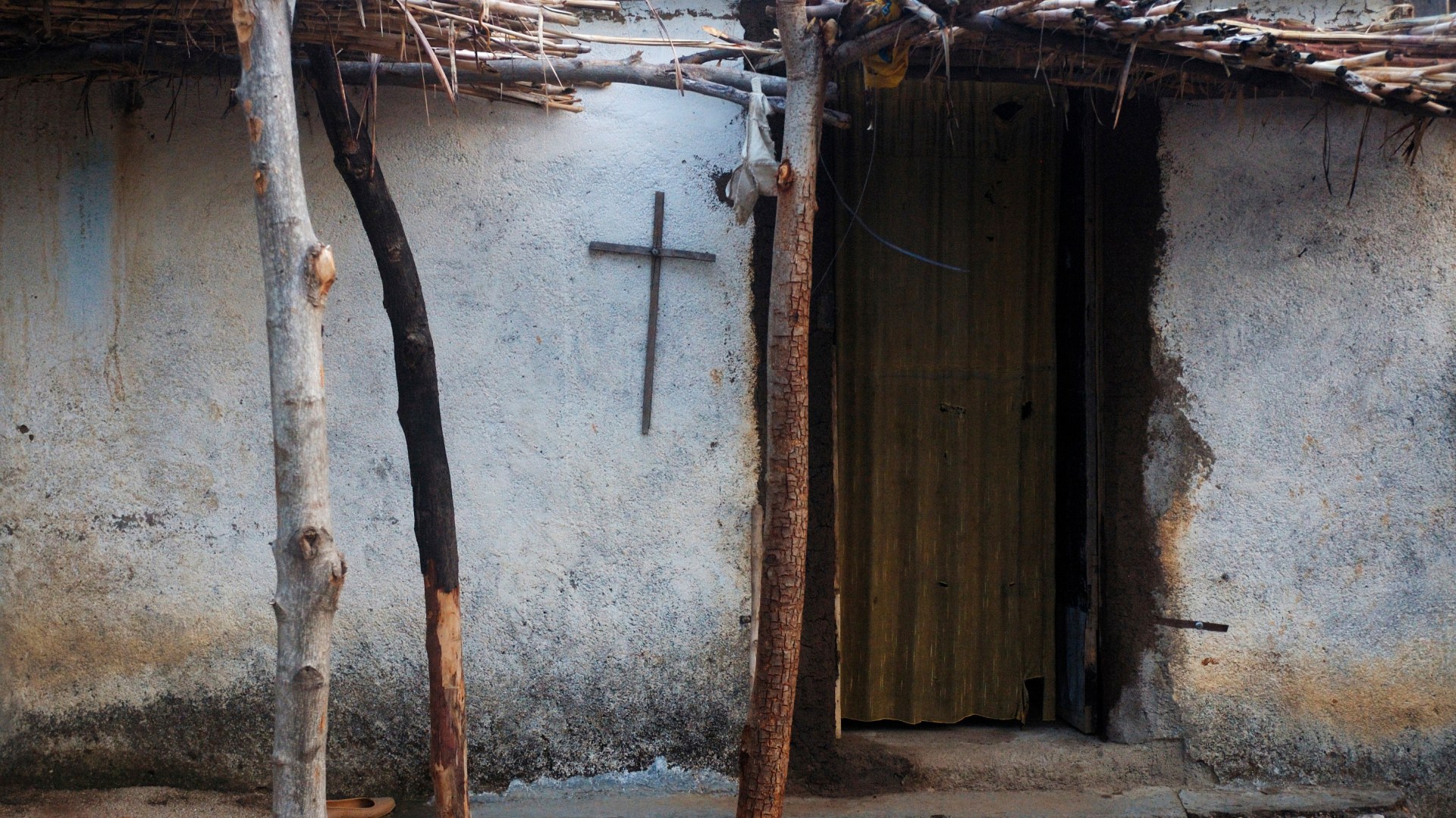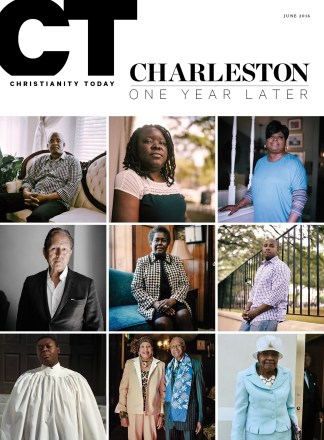One of Africa’s boldest attempts to prevent bad behavior within its mushrooming churches has been abandoned.
In 2014, Kenya’s attorney general, Githu Muigai, banned new churches amid a “miracle-faking” spree. Muigai began 2016 by proposing a lengthy list of new reporting requirements, including minimum theological education for pastors, annual membership thresholds, and churches joining an umbrella organization.
At the same time, the Communications Authority of Kenya announced a new policy that banned radio and television preachers from asking listeners to send in money or get saved at the end of their broadcasts.
The changes were welcomed by the Anglican Church of Kenya (ACK). “Horrible things are happening in the church today,” bishop Beneah Salah told The Standard, a Nairobi newspaper. “There is a lot of commercialization of the gospel.”
The ACK had no problem with the law as long as it allowed Christians to keep evangelizing, bishop Timothy Wambunya told The Standard. “Our church constitution gauges the conduct and education of each cleric, and that’s what the laws basically want.”
But backlash from Kenyan evangelicals, Catholics, and Muslims alike was so severe that President Uhuru Kenyatta sent the 2015 Religious Societies Rules back to the drawing board. While Muigai had consulted informally with church leaders, any new regulations must be “subjected to further vigorous public consultations,” Kenyatta’s spokesman stated. (The broadcast policy still stands.)
It’s not that Kenyan Christians don’t see a problem with prosperity preachers. One recently told churchgoers that their money would double if they transferred half of theirs to his bank account. Another used potassium permanganate to turn water red, claiming it was blood coming from the feet of AIDS victims he had washed and then healed.
A survey found that 60 percent of Kenyans supported the government’s overall plan to rein in such false prophets.
But while it is indeed the government’s job to bring law and order to all spheres of life, Kenyan authorities are going about it the wrong way, said Aiah Foday-Khabenje, general secretary of the Nairobi-based Association of Evangelicals in Africa. Instead, he says, government bodies should help organizations such as the Evangelical Alliance of Kenya (EAK) to regulate rogue pastors and churches.
“The law should give [them] powers to effectively perfect the churches, with the rogue ones getting sanctioned,” he said.
To Foday-Khabenje, the most aggravating of the attorney general’s proposals was the one requiring pastors to have formal theological education. “A degree does not make a good preacher,” he said. “Those of us who know better and with knowledge in church matters would have advised the government accordingly.”
The regulations to punish illegitimate pastors could harm other pastors trying their best, said Stephen Ndicho, a parliament member turned Pentecostal pastor. “Jesus said both the wheat and the tares should be left to grow together until harvest time, [or] the wheat might also be uprooted.”
That’s why he believes the government shouldn’t be involved. “We don’t need any rule whatsoever,” he wrote online. “Churches already have self-regulation mechanisms within themselves.”
EAK chairman Mark Kariuki said the government was using isolated instances of con men to clamp down on all churches. “One rotten tomato does not mean all tomatoes are rotten.”
The deeper problem is not supply but demand, said Paul Karanja of Christ Is the Answer Ministries. He actually doesn’t object to Kenya’s “false prophets.” “They were there even in the Old Testament,” he said, referring to Jeremiah 29. “Jesus and the apostles also prophesied about them in the New Testament.”
He is more concerned with the people who chase miracle-workers. “What we are looking for today are quick fixes to our problems,” he said. “Therefore, the ‘man of God’ who appears empowered to give us [such fixes] becomes the most sought after by the masses. This unfortunately veils people to see even outright lies as miracles.”










